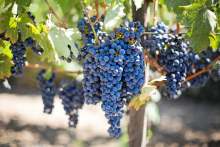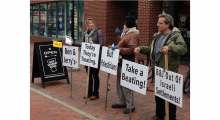How did May Project Gardens start?
Our community garden in Morden was set up by our co-founder, Ian Solomon Kawall, at the back of his mother May’s council house, after her passing in 2006. It was developed into a permaculture community garden by local residents using recycled materials, donations and goodwill, and has offered free public open days for over a decade.
Over the years, we’ve developed various free programmes to suit diverse needs. Our youth programme Hip Hop Garden won the 2015 Team London award for innovative work with young people and currently receives funding to support refugees and asylum seekers.
What is the project aiming to do?
Our primary purpose has been to work with urban communities, to address poverty, disempowerment and access to resources and influence. People who face hardship can find a place for comfort, solace and emotional support. They can also take away practical tips on, for example, how growing food can reduce their costs or improve their health, which in turn ripples and impacts society around them.
Who do you work with?
Naturally, a lot of our work resonates with those considered on the ‘margins’ of society – those with fewer resources, who face greater hardships.
Finding ways to be resourceful and building strength in numbers is vital for those whose power and influence is limited. Schools, councils or other organisations will come to us because they feel we reach people they can’t or want to address the lack of ‘diversity’ in the mainstream environmental movement.
However, in terms of ‘educating’ people on a greener or less consumerist way of life; questioning spending choices or what our personal impact on the planet is, these are not the people who need the most ‘enlightenment’. When your resources are limited, you already know how to be resourceful.





